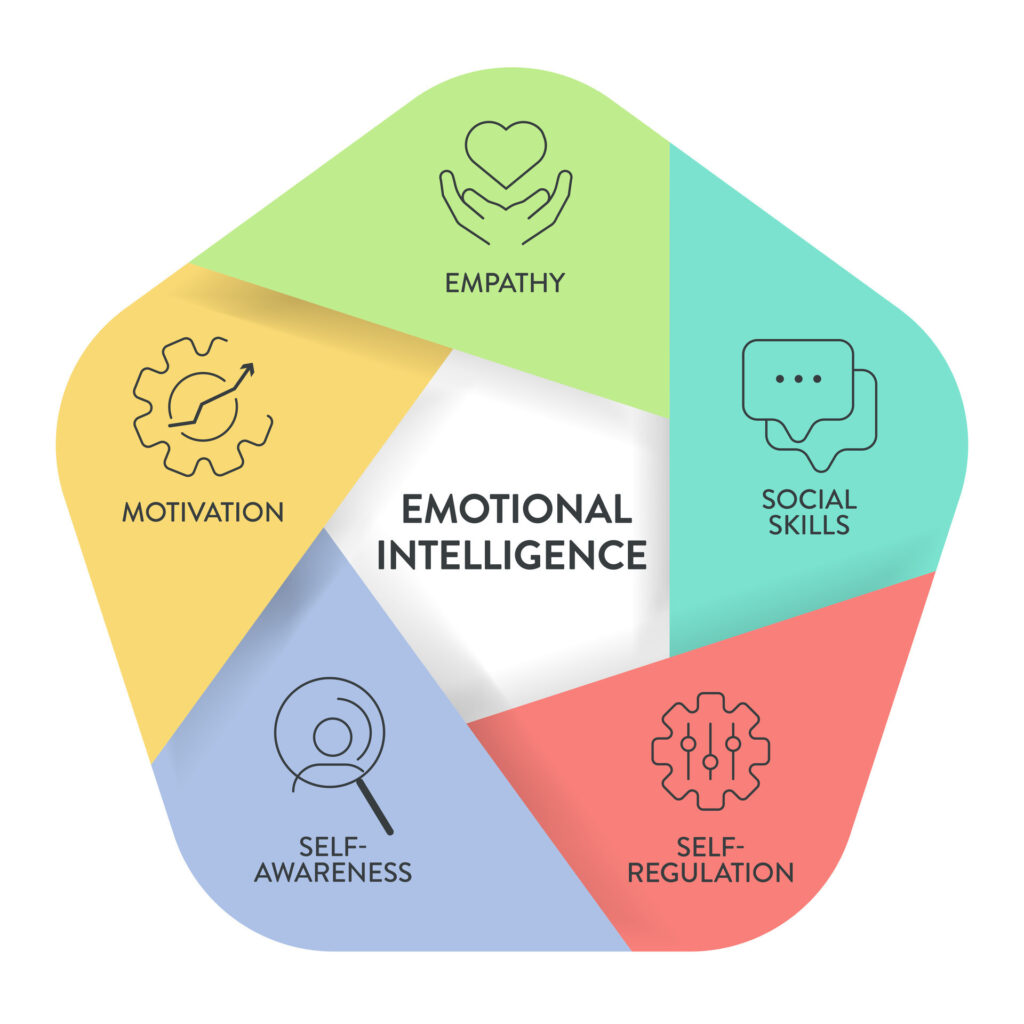The accounting profession is no longer just about balancing books or crunching numbers—it’s a dynamic field demanding a versatile set of skills for accountants. In 2025, with technology, globalization, and client expectations reshaping the industry, accountants must blend technical expertise with sharp interpersonal abilities to stay ahead. Whether you’re a student prepping for ICAG or CITG exams with Knowsia or a seasoned pro, mastering these skills for accountants is your ticket to thriving in this ever-evolving landscape. This article dives deep into the technical, soft, and emerging skills for accountants, offering a roadmap to excel in the digital age. Technical Skills for Accountants: Mastering the Tools of the Trade
Technical expertise forms the bedrock of accounting, and in 2025, it’s all about leveraging technology to boost efficiency and accuracy. These skills for accountants are non-negotiable for navigating the digital tools that define modern practice.
Proficiency in Accounting Software
Gone are the days of manual ledgers—today’s accountants live and breathe software like QuickBooks, Xero, and SAP. A 2023 report by The 10 Best AI Accounting Software For Firms In 2025 | Financial Cents noted that 90% of firms use cloud-based platforms for streamlined workflows. Mastering these tools means more than just data entry; it’s about generating real-time reports, reconciling accounts, and spotting errors fast.
For students using https://knowsia.com/owsia to prep for exams, practicing with demo versions of these platforms is a smart move. Imagine you’re tasked with preparing a cash flow statement for a small business. Knowing your way around Xero’s dashboard can shave hours off the job while ensuring pinpoint accuracy. This skill isn’t just about passing exams—it’s about hitting the ground running in your career.
AI and Automation Literacy
Artificial intelligence is shaking up accounting like never before. Tools like generative AI are automating tasks such as tax compliance and document review, with 8% of firms already using them and 13% planning to adopt soon, according to Financialhttps://financial-cents.com/resources/articles/future-of-accounting-trends Cents. Accountants don’t need to code, but they must grasp how AI enhances their work.
Picture this: AI flags a discrepancy in a client’s expense report. Your job is to analyze the issue, advise on corrections, and prevent future errors. For students, know https://knowsia.com/sia likely offers resources on emerging tech—dive into these to understand terms like machine learning or predictive analytics. Being AI-literate means you’re not just keeping up but adding value in ways machines can’t.
Data Analytics Expertise
Data is the lifeblood of modern accounting, and analytics is the pulse. A 2023 BARC https://barc.com/research/barc-data-culture-survey-23/survey found that 59% of finance departments are data-driven, relying on tools like Tableau or Power BI to uncover insights. Accountants skilled in analytics can forecast trends, optimize budgets, and guide clients toward smarter decisions.
For example, a retail client wants to know if opening a new store is viable. A data-savvy accountant pulls sales data, analyzes market trends, and delivers a clear recommendation backed by numbers. If you’re studying with Knhttps://knowsia.com/owsia, practice interpreting mock data sets to build this skill—it’s a game-changer for exams and real-world challenges.
Soft Skills for Accountants: The Human Touch

While tech skills are critical, soft skills for accountants are what make you stand out. In an era where automation handles routine tasks, your ability to connect, adapt, and solve problems is what clients and employers value most.
Effective Communication
Numbers don’t tell the whole story—you do. Whether you’re breaking down a tax strategy for a nervous client or pitching a budget to a skeptical board, clear communication is everything. A 2024 Karbon study pegged communication as a top skill, with 57% of leaders ranking it essential.
This isn’t about tossing around jargon—it’s about making complex ideas crystal clear. For students, practice explaining accounting concepts in simple terms, perhaps using Knohttps://knowsia.com/wsia case studies. Role-play a client meeting where you clarify a balance sheet for a non-expert. The better you communicate, the more trust you’ll inspire.
Emotional Intelligence (EQ)

Emotional intelligence—knowing how to read and manage emotions—is a superpower for accountants. Clients often come to you during high-stress moments, like audits or tax deadlines. High EQ lets you empathize, calm nerves, and build lasting relationships.
Say a client’s freaking out over an unexpected tax bill. An emotionally intelligent accountant listens patiently, validates their concerns, and offers a practical plan. EQ also shines in team settings, where collaboration drives success. Hone this skill through group study sessions or Knowhttps://knowsia.com/sia forums, practicing active listening and empathy.
Adaptability and Problem-Solving

The accounting world is a whirlwind of change—new regulations, tech updates, and client curveballs keep you on your toes. Adaptable accountants thrive under pressure, finding creative solutions fast. Karbon found that adaptable pros are 30% more likely to excel in dynamic firms.
Imagine a last-minute tax law change mid-season. A nimble accountant researches the updates, adjusts client strategies, and communicates calmly. For students, tackling Knohttps://knowsia.com/wsia past papers under timed conditions mimics this real-world agility, sharpening your ability to think on your feet.
Emerging Trends Shaping Accounting Skills
The skills for accountants aren’t static—they’re shaped by trends like cybersecurity, sustainability, and remote work. Staying ahead means embracing these shifts and adapting your skill set.
Cybersecurity Awareness
With 744 data breaches in financial services in 2023 (Identity Theft Resource Center), cybersecurity is a top priority. Accountants handle sensitive data, so knowing how to spot phishing scams or use encrypted platforms is crucial.
You don’t need to be a tech whiz, but basic cybersecurity habits—like using two-factor authentication or secure cloud storage—can save your firm from disaster. Knowhttps://knowsia.com/sia may offer resources on data protection; use them to learn best practices early and keep client trust intact.
Sustainability and ESG Knowledge
Green accounting is taking center stage, with 87% of businesses backing mandatory climate disclosures (Karbon). Accountants are now tasked with ESG reporting and carbon accounting, blending environmental metrics with financials.
This means learning how to measure a company’s carbon footprint or report on social governance. If you’re with Knohttps://knowsia.com/wsia, seek out ESG case studies to understand how sustainability integrates with accounting—it’s skill clients increasingly demand.
Remote Work Proficiency
Remote work is a mainstay, with 70% of accountants working remotely at least part-time in 2020 (Statista). Mastering tools like Zoom, Slack, and cloud software is essential for seamless collaboration.
Remote work also demands discipline and time management—skills you can build while studying with Knhttps://knowsia.com/owsia. Set up a focused study routine and practice using collaboration tools to prepare for hybrid workflows.
How to Develop These Skills
Knowing the skills for accountants is one thing; building them is another. Here’s how to level up, whether you’re a student or a working pro.
Continuous Learning
The accounting world moves fast, so keep learning. Platforms like Coursera offer courses on AI, analytics, or ESG, while Knowsia.com provides tailored resources for ICAG and CITG exams. Stay curious and commit to one new skill every quarter.
Practical Experience
Nothing beats hands-on practice. Internships, freelance projects, or volunteering for nonprofits let you apply software skills, communicate with clients, and solve real problems. Students can use https://knowsia.com mock tests to simulate workplace scenarios.
Networking and Mentorship
Surround yourself with pros who’ve walked the path. Join accounting groups, attend webinars, or connect with mentors via Knohttps://knowsia.com/wsia communities. A mentor can share insights on everything from exam prep to career growth.
Dive Deeper into Accounting Trends
The skills for accountants are just the starting point. To fully grasp the forces shaping the profession, explore these related topics:
AI’s Role in Accounting
AI is automating routine tasks, letting accountants focus on strategy. Learn how tools like generative AI are transforming tax prep and audits.
Cloud Accounting Benefits
Cloud platforms are boosting efficiency and collaboration. Discover how they’re reshaping workflows for modern firms.
Blockchain in Accounting
Blockchain brings transparency to financial records. Explore its impact on audits and transaction security.
Cybersecurity for Accountants
Data breaches are a growing threat. Find out how accountants can protect client information with smart strategies.
Data Analytics in Accounting
Analytics unlocks powerful financial insights. See how accountants use data to drive better decisions.
Green Accounting Practices
Sustainability is key, with ESG reporting on the rise. Learn how accountants are supporting eco-friendly goals.
Remote Work in Accounting
Hybrid work is the norm. Get tips on thriving in a remote accounting environment with the right tools.
Value-Based Pricing
Pricing based on value, not hours, is changing the game. Understand how this shift boosts firm profitability.
Retaining Accounting Talent
With a talent shortage, firms need smart strategies. Explore ways to attract and keep top accountants.
Conclusion
The skills for accountants in 2025 are a vibrant blend of tech mastery, human connection, and adaptability. From wielding AI and analytics to communicating with clarity and empathy, these skills are your edge in a competitive field. Whether you’re studying with https://knowsia.com or already navigating the workforce, commit to continuous learning, hands-on practice, and mentorship. The accounting world is evolving fast—equip yourself with these skills, and you’ll not only keep up but set the pace.

